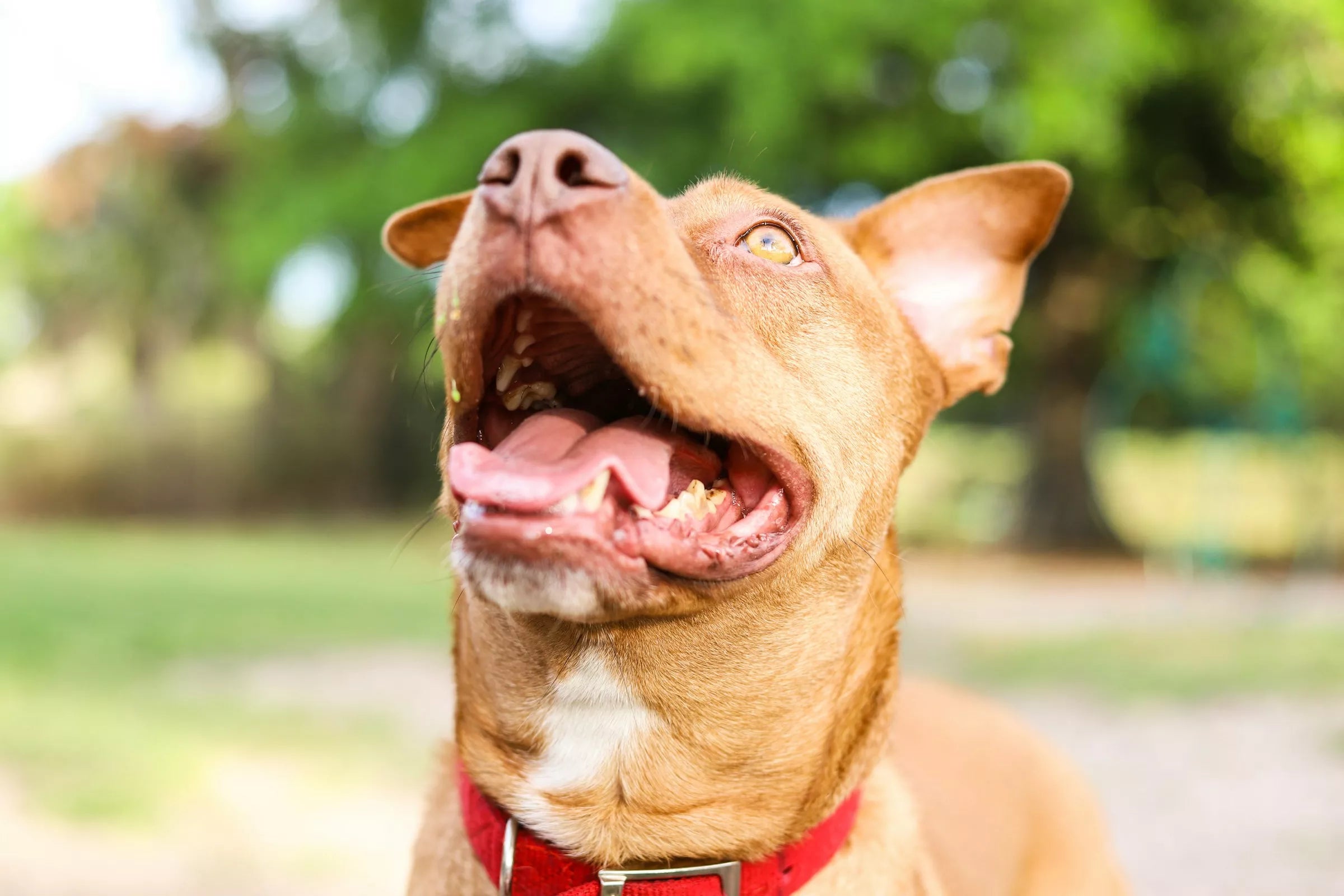Jump to Section
- Can Dogs Have Seasonal Allergies?
- Common Signs of Dog Allergies
- What Causes Seasonal Allergies in Dogs?
- How to Relieve Dog Allergy Symptoms
- When to See a Vet
- FAQs
Can Dogs Have Seasonal Allergies?
Yes — just like humans, dogs can develop allergic reactions to environmental triggers like pollen, grass, mould, or dust mites. These allergies often flare up during the spring and summer months, but symptoms can persist into autumn depending on your region and local vegetation.
Common Signs of Dog Allergies
Every dog reacts differently, but some of the most frequent symptoms include:
- Itchy skin (especially paws, ears, and belly)
- Red, watery eyes
- Excessive paw licking or chewing
- Ear infections or head shaking
- Scratching more than usual
- Sneezing or runny nose
- Hot spots or hair loss
Not sure if your dog is itchy or anxious? Our post on 5 Signs Your Dog Trusts You can help you decode their body language and behavioural cues.
What Causes Seasonal Allergies in Dogs?
The most common culprits are environmental allergens that spike during warmer months:
- Tree pollen: Common in early spring
- Grass pollen: Peaks in late spring and summer
- Weeds: Particularly strong in late summer/autumn
- Mould spores: Thrive in damp, humid areas
- Dust mites: Present year-round but worsen with humidity
Dogs absorb these allergens through their skin, paws, and nasal passages — which is why symptoms are often physical, not just respiratory.
How to Relieve Dog Allergy Symptoms
While allergies aren’t always curable, you can manage symptoms and boost comfort with a few easy steps:
- Paw rinses: Wipe or rinse your dog’s paws after walks to remove pollen
- Weekly baths: Use a gentle, fragrance-free dog shampoo to remove allergens from the coat
- Vacuum often: Especially carpets and dog bedding
- Supplements: Omega-3 fatty acids, quercetin, or vet-approved chews may help reduce inflammation
- Protective gear: Consider a body-hugging harness to reduce skin friction and shield sensitive areas during walks
When to See a Vet
If your dog’s symptoms are persistent, worsening, or include open sores or ear infections, it’s time to speak to your vet. They may recommend:
- Antihistamines or prescription allergy meds
- Medicated shampoos
- Allergy testing or immunotherapy shots
Early intervention can prevent chronic issues and improve quality of life — for both you and your dog.
FAQs
Can dogs grow out of seasonal allergies?
Unfortunately, most dogs don’t outgrow allergies — but their symptoms can change over time. Management is key.
Is there a dog allergy test?
Yes, your vet can perform blood tests or intradermal skin testing to identify specific allergens.
Can I give my dog Benadryl?
In some cases, yes — but always check with your vet first for correct dosing and safety.
What’s the best shampoo for dogs with allergies?
Look for a fragrance-free, hypoallergenic dog shampoo. Avoid human shampoos or anything with harsh chemicals.
How often should I bathe my dog during allergy season?
Weekly or bi-weekly bathing is ideal to remove allergens from the coat and skin, but always use gentle formulas.















Share:
How Much Water Does a Dog Need Daily?
How to Find the Right Dog Playdate